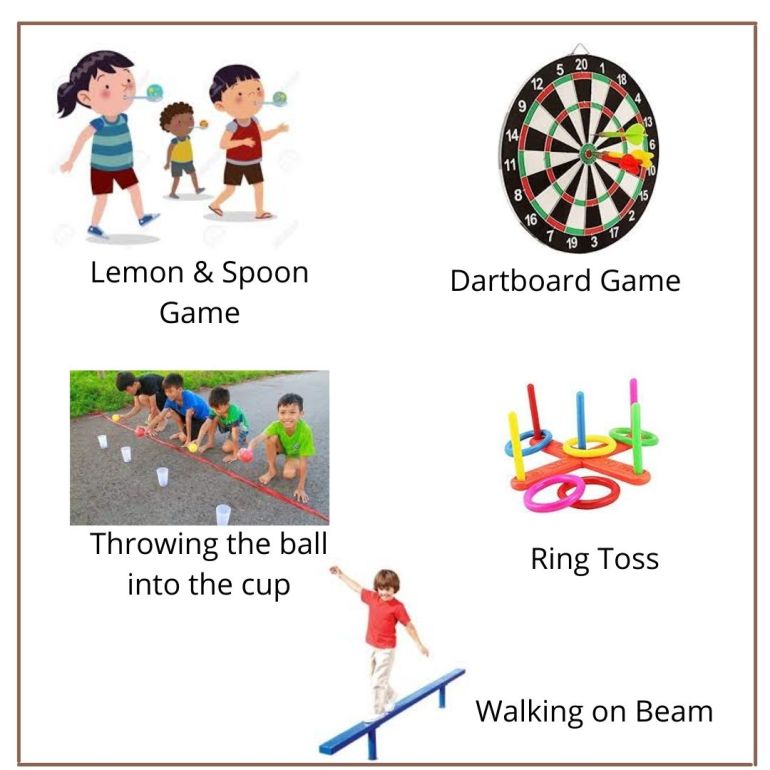
Here are some tips for beginners who have never meditated. Finding a quiet space is the first step. A chair or a flooring mat can be used if you don’t have a meditation area. You should sit cross-legged, with your back straight. Once you feel comfortable, you can try sitting on the floor. You can even use a cushion to sit on.
You can learn meditation by doing many things. First, try to stand straight. To help you remain still, you can buy a meditation cushion. After that, you can lay down in a warm, comfortable spot. It's a good idea to have a light blanket if you're outside meditation. The wind and bugs can pull your mind from the practice. Instead, make sure your body temperature is comfortable.

Another tip for meditation: Choose a room. It can be difficult for some to concentrate in a quiet place, but it will make you and your mind more comfortable. It can help you focus better in a quiet area. A plant or cool spot near the window can help you concentrate better. Now, close your eyes to relax. The best thing to do is to sit in a quiet place and enjoy the peace and calm it can bring.
Finally, set up a meditation space where you can sit and focus on a peaceful place. It's crucial that you find a place that allows for meditation and comfortable sitting. If you're sitting alone, you'll be tempted to constantly think about what's bothering you. It is possible to distract yourself from distractions by trying to clear your mind. However, this can lead you to becoming a self-destructive cycle.
Once you have settled in a comfortable position, you are able to check in with your body and see how it feels during meditation. You might need to move if you feel disoriented or restless. A comfortable sitting position will allow you to be more focused and relax. You'll be more efficient at focusing and will feel more relaxed. Sitting will make it easier to focus and relax.

Meditation is a time to let go of your mind and relax. You'll be more focused and less likely to get distracted. If you're having trouble focusing, try breathing deeply. This will allow you to remain present and not drift off during meditation. This will help you avoid negative thoughts and feelings. You need to find a quiet place where you feel totally relaxed.
FAQ
What causes depression in teenagers?
Adolescence is a time when we start developing our identities. As individuals, we begin to discover who we are and how we fit in society.
We also make new friends and develop romantic relationships during this time. These experiences can be stressful.
Stress is normal, but if you find yourself experiencing more than usual amounts of stress, then you should seek help.
You might think you can handle things independently, but sometimes, you need someone else to talk to.
During times of stress, friends and family members can offer support. They can also help you learn ways to deal with stress.
You might consider meditation or doing some exercise. Both can help with stress reduction.
Additionally, you might consider joining a club such as a team sports or church. You'll meet new people and make new friends.
What can I do for my mental well-being?
Everybody needs to be healthy, especially if they are under stress at work, school or home. You can improve your mental health by exercising regularly, eating healthy foods, sleeping well, and spending quality time with family members. Exercise makes us feel happier and releases endorphins. A healthy diet is important for our bodies to function properly. Sleeping well gives us energy throughout the day. Finally, quality time spent with loved ones enhances our relationships as well as reduces stress.
Which 5 ways can we improve our wellbeing?
"Wellbeing" is defined as "the state that you are physically, mentally and spiritually happy." Our well-being is affected by many factors, including family, work and health. Your first step to bettering your well-being, is to identify the areas in your life that require improvement. Next, take steps to improve these aspects.
Here are five easy ways to improve your wellbeing
-
Exercise - It boosts endorphins, which can make us happier.
-
Sleep - Sleeping more than 6 hours per night decreases stress and anxiety.
-
Nutrition – Healthy foods such as fruits & vegetables can boost your mood.
-
Meditation – Regular meditation reduces anxiety and stress.
-
Socialization – It's important to spend time with loved ones and make friends.
What are some examples for mental-emotional disorders?
Any condition that causes severe distress or impairment in functioning is considered a mental disorder. Examples of mental disorders include depression, anxiety, bipolar disorder, schizophrenia, borderline personality disorder, obsessive-compulsive disorder, post-traumatic stress disorder, eating disorders, substance abuse, and others.
What can I do to prevent mental health problems?
Preventing mental disorders is easy. But, here are some tips to keep in mind:
-
Don't drink alcohol. You can have a negative effect on your mood and increase your chance of getting depressed.
-
Avoid using drugs. Avoid using drugs.
-
Get enough sleep. You can feel anxious or depressed if you don't get enough sleep.
-
Exercise regularly. Exercise is good for your mood and makes you feel happier.
-
Choose healthy foods. Eating junk food can make you feel sluggish and unhappy.
-
Spend quality time with those you love. Spending time together with someone you love can boost your mood.
-
Have fun. Enjoy your life and be open to new experiences.
-
It is important to take breaks from social networking. Social media sites can make it difficult to feel alone and lonely.
-
Treat yourself with kindness. Treat yourself nicely, even if you aren't feeling great.
-
Ask for help. If you're having trouble coping, then ask for help. Talking with a friend or family member is a great way to get help.
-
Remember, it's OK to cry. Crying helps release tension and stress. It doesn't necessarily signify that something bad has happened.
-
Keep busy. Do something that you love.
-
Make sure you have good hygiene. You can feel unattractive and unkempt if you don't maintain good hygiene.
-
Stay connected. Connecting with others will help you stay positive.
-
Learn how relaxation works. Relaxation techniques like yoga and meditation can help you cope better with stress.
-
Find meaning in what you do. You can find fulfillment in your hobbies and work by finding meaning.
-
You should be focusing on the moment. When you focus on the present moment, you won't worry so much about the future.
-
Set goals. Goal setting can help you be motivated to reach your goals.
-
Do something nice to yourself. Your self-esteem can be raised by doing something kind for yourself.
-
Practice gratitude. Gratitude can help to appreciate all the blessings in your life.
-
Volunteer. Volunteering can be a fun way to make a difference and spend your time.
-
Give back. Giving back can help you feel fulfilled.
-
Be aware of warning signs. Don't be afraid to ask for help if your behavior changes.
Statistics
- Similarly, for positive mental health, there is likely to be substantial agreement about some typical components (e.g., resilience to stress) 6, and controversy about more atypical components (e.g., career consolidation). (ncbi.nlm.nih.gov)
- It does have some influence, but not nearly as much as we might think, so focusing less on attaining wealth will likely make you happier (Aknin, Norton, & Dunn, 2009); (positivepsychology.com)
- More than 50% will be diagnosed with a mental illness or disorder at some point in their lifetime.3 (cdc.gov)
- According to the National Alliance of Mental Illness (NAMI), one in five Americans experiences mental health issues which translates to more than 40 million adults a year. (doctorondemand.com)
- Neuropsychiatric diseases are the leading cause of death and disability in the U.S., accounting for 18.7 percent of all years of potential lifespan loss and premature mortality.
External Links
How To
What are the Key Factors that Make Mental Health Vital?
Mental health refers both to your mind and your emotional well-being. It affects how you feel, think, act, relate to others, sleep, eat, work, learn, play, and enjoy life.
Everyone is concerned about mental well-being. When we refer to mental health, we often refer to depression. Depression is a serious illness that strikes millions of Americans each and every year.
Depression is also known as clinical depression because it requires treatment by a medical doctor. However, there are many types of depression, including milder forms that do not require medical intervention.
The National Institute of Mental Health (NIMH) defines depression as "a common mood disorder characterized by a depressed mood most of the day nearly every day, loss of interest or pleasure in almost all activities, feelings of guilt or low self-worth, disturbed sleep or appetite, poor concentration, and thoughts of death or suicide."
People experience depression in various ways. People may feel sad, helpless, irritable and anxious. They might also feel worthless, guilt, worthless or tired. Others may feel empty, restless or agitated. Others may not feel anything at all.
Depression can be managed. There are many treatments for depression, including medication, psychotherapy as well as diet and lifestyle modifications that can help. If left untreated, however, depression can cause problems at home, school, work, and in relationships.
While depression is more common among women than in men, it is also more common in boys and men. In fact, depression is the leading cause of disability worldwide for men and women ages 15-44 years old.